
Opening Lines for Picture Books
First lines make a promise. From “Call me Ishmael” (Moby Dick, Herman Melville, 1851) to “Happy families are all alike; every…
September 8, 2022
First lines make a promise. From “Call me Ishmael” (Moby Dick, Herman Melville, 1851) to “Happy families are all alike; every…
September 8, 2022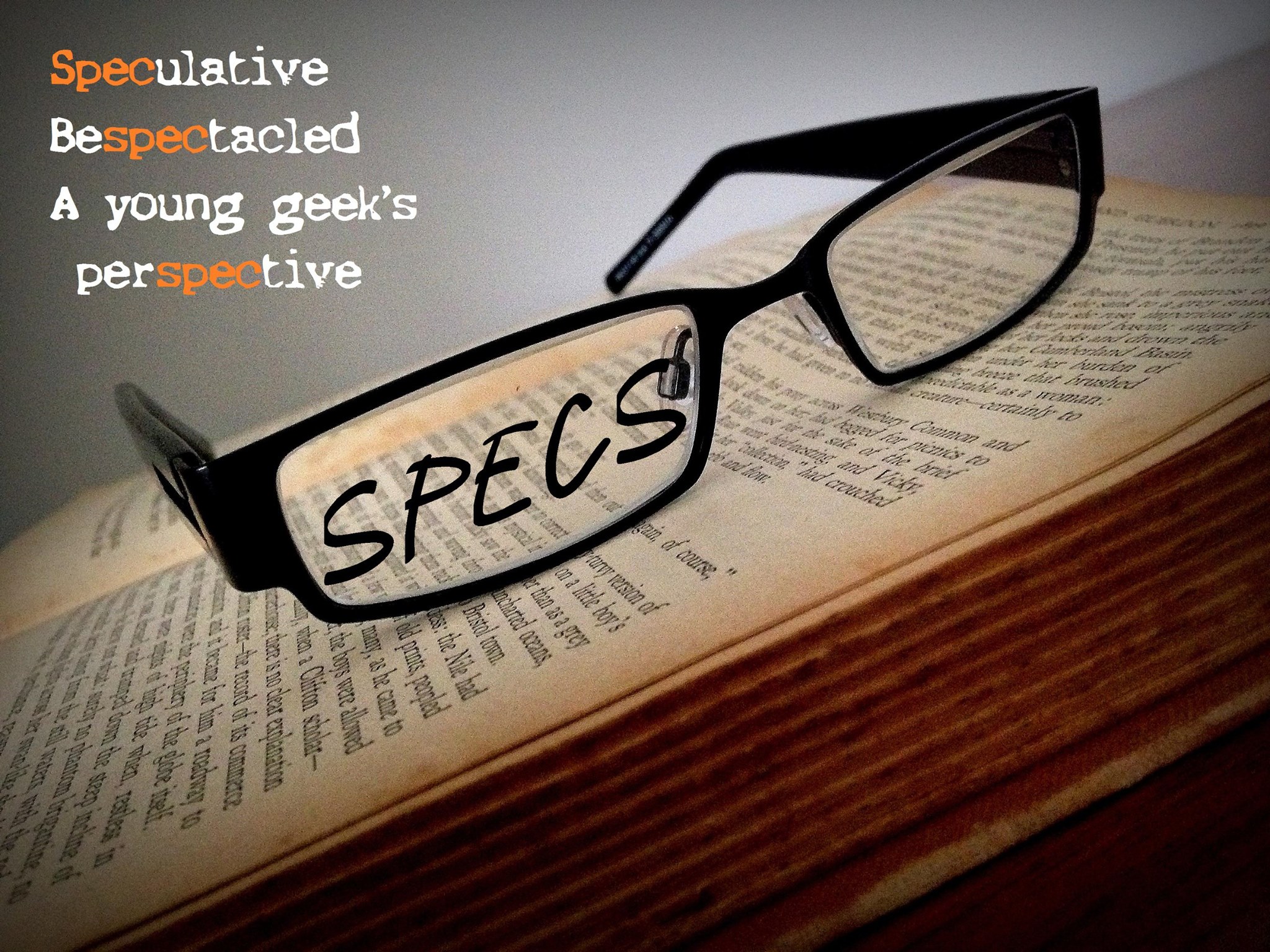
Hey guys, I wanted to kick this whole thing off by welcoming you to the ranks. (Though I’m sure…
July 23, 2017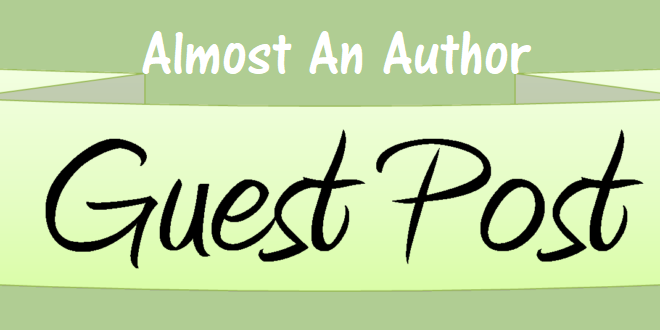
Opinions. Opinions. More opinions float through a person’s mind in the course of a day than Aristotle has twelve-letter…
July 14, 2017
I am a binge writer. I always have been, and I probably always will be. What is a binge writer you…
July 3, 2017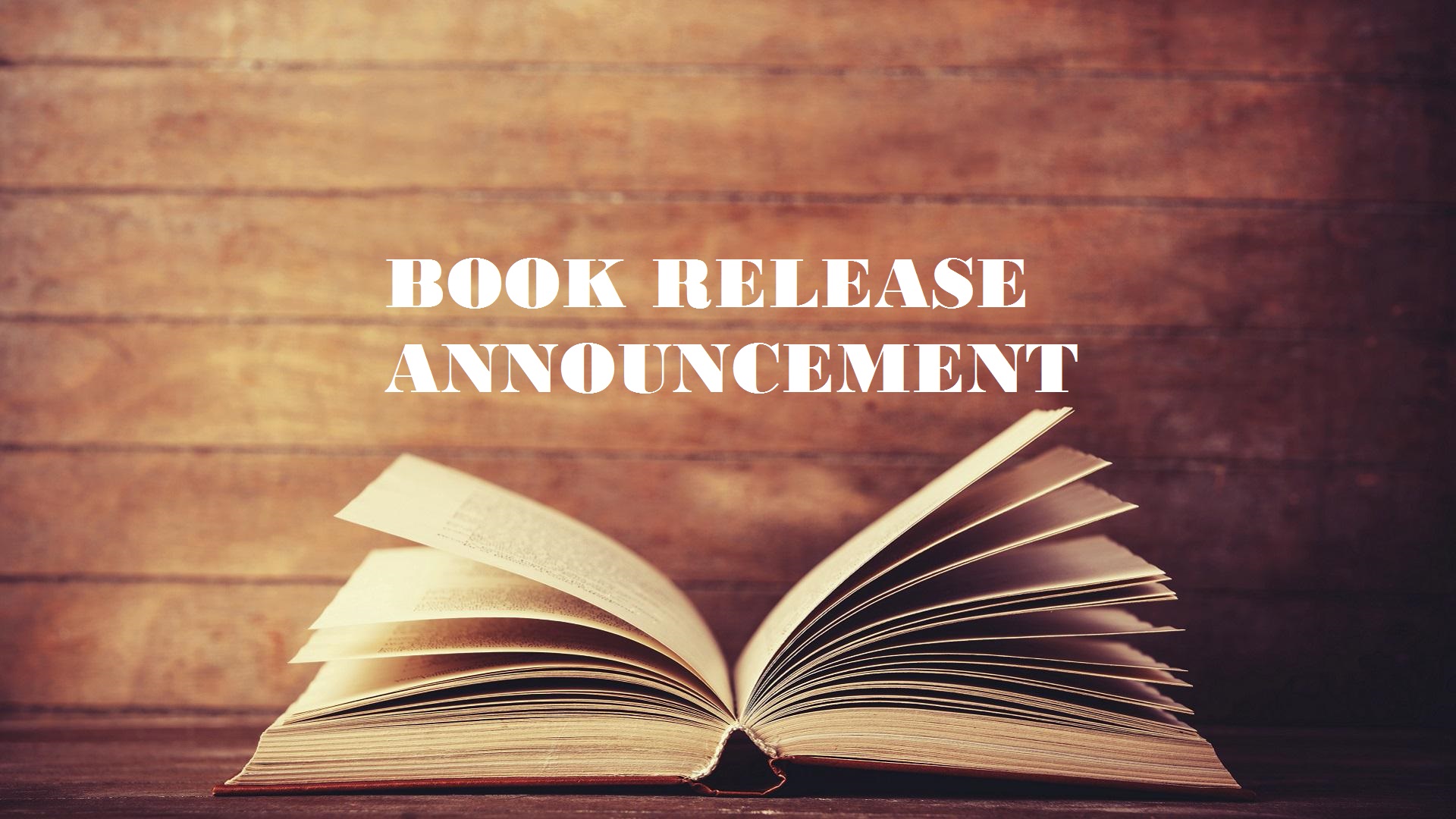
I’ve been part of the publishing industry for many years, but today is a dream come true for me.…
November 4, 2016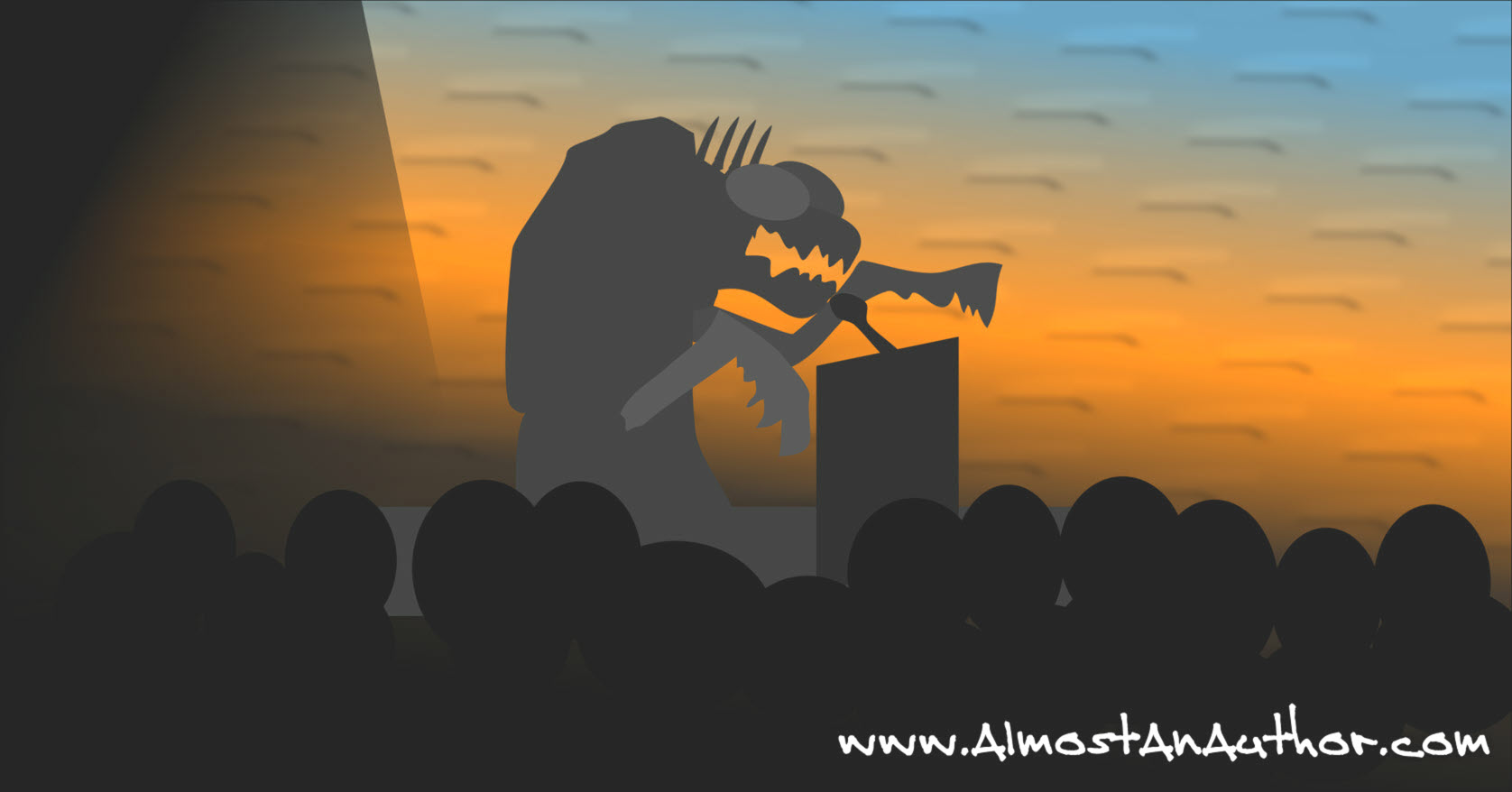
The murmur of countless alien tongues subsided as the chairman of the interstellar council called for order. The delegates…
October 11, 2016
As Tatooine’s twin suns slowly inch to the sand dunes in the horizon, a lone figure strains his eyes…
September 11, 2016
For most writers, our passion to write was birthed from a passion to read. We grew up immersed in…
March 10, 2016
When writing a speculative fiction novel, determine what the things of value are in your world. Water, food, shelter-building resources,…
February 7, 2016
You’ve finally got your novel all polished up and ready to submit to a publisher. How is this done?…
November 22, 2015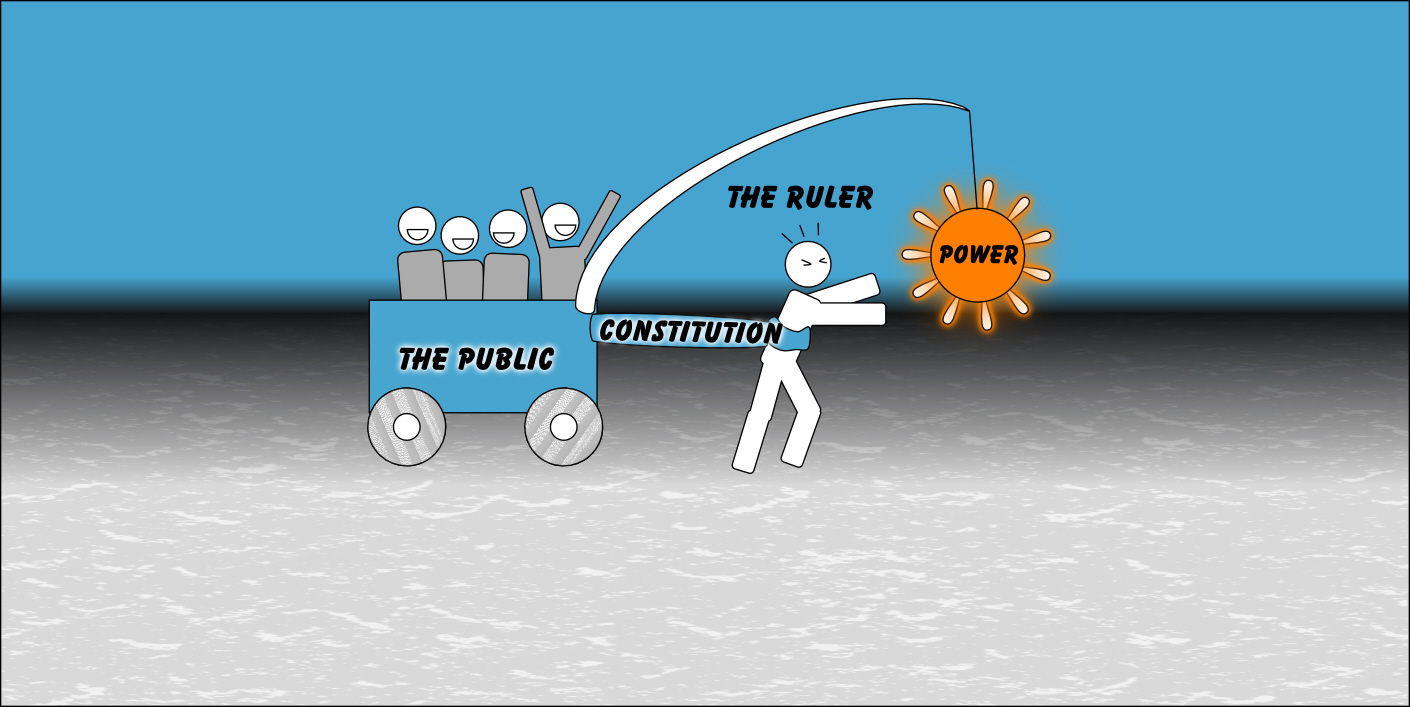
The people in your world need governance. I’m sorry. I wish I could make it untrue, but a believable…
September 5, 2015
How many of you are reading this article under protest? “I don’t write romances,” you say. Well, you might…
August 28, 2015
What is it about a story that makes it compelling? Is it the characters? Is it the plot? Is…
August 17, 2015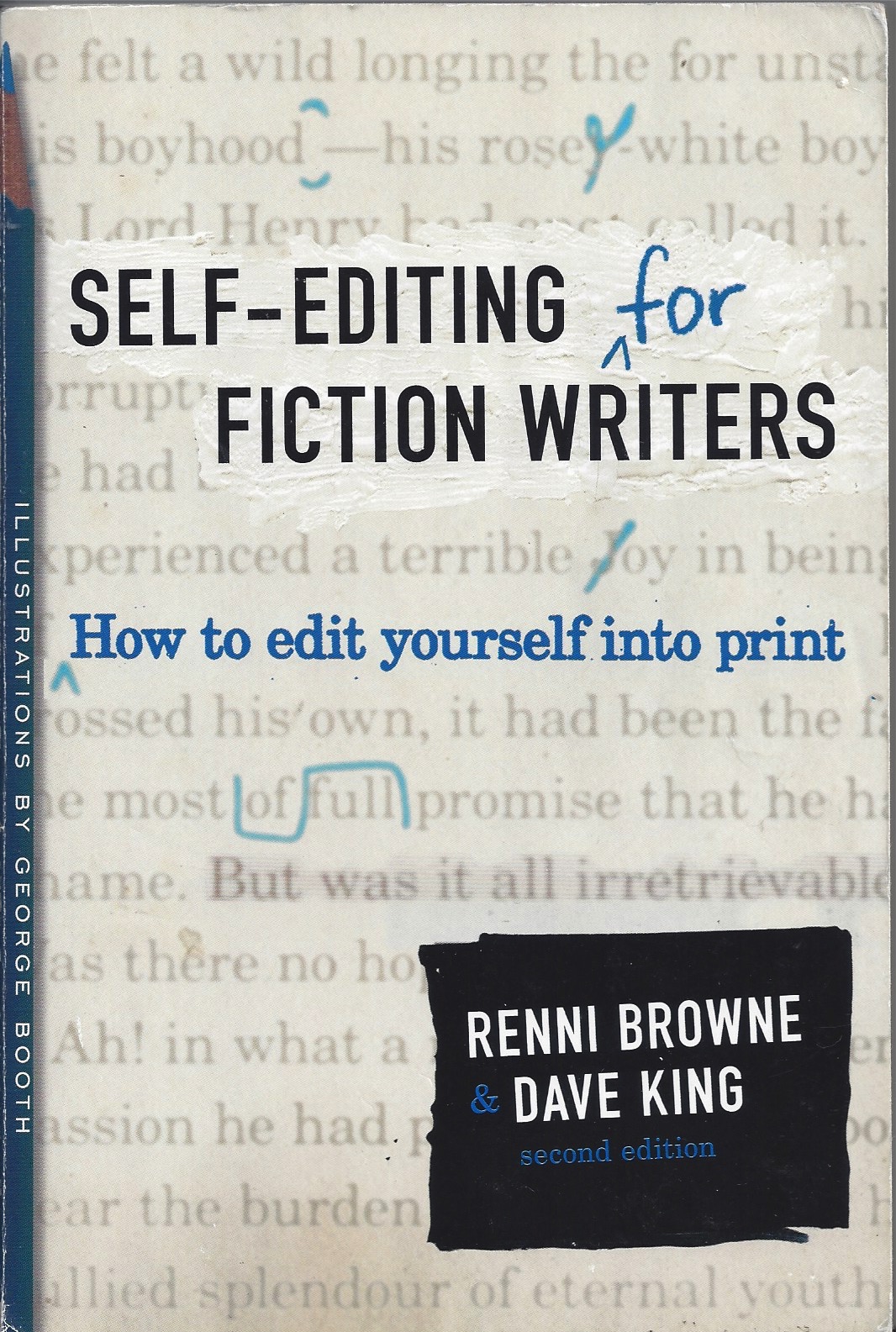
I used to write for VeggieTales, and if you’re familiar with the antics of Bob the Tomato and Larry…
August 6, 2015
Last month we looked at writing fictitious, sentient creatures within our own universe. In summary, God has a plan…
August 4, 2015
We’ve all been there. Deadlines are looming for our blog or our novels. A tingling in the pit of…
July 22, 2015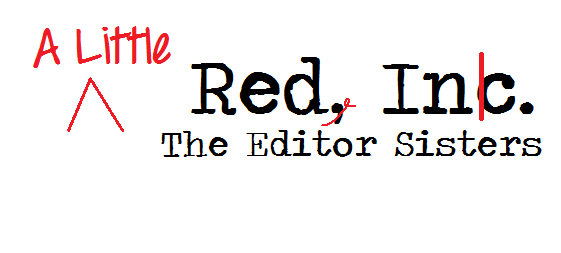
When you write dialogue, think like a screenwriter. Every minute of screen time, every word counts. Don’t add fluff. …
July 10, 2015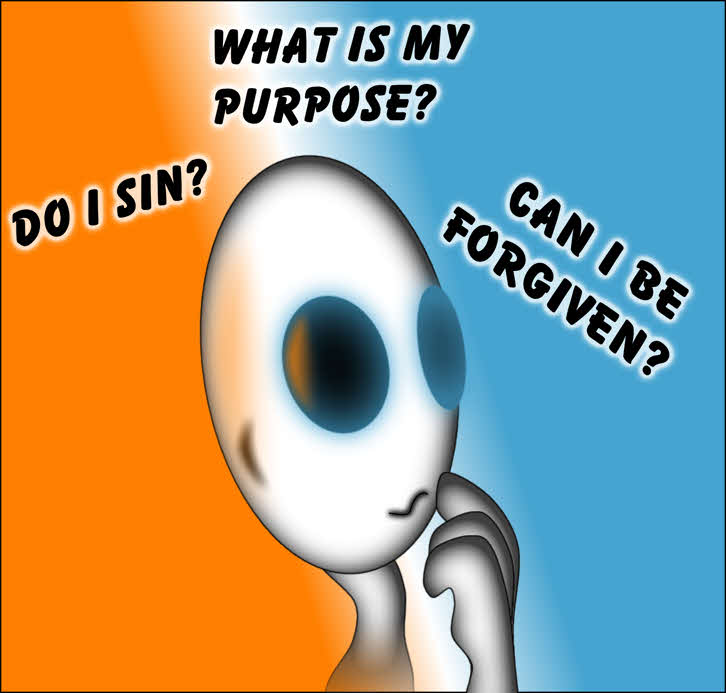
Atheists believe all creatures evolved over countless millennia of bloodshed, allowing only the fittest members of a species to…
July 3, 2015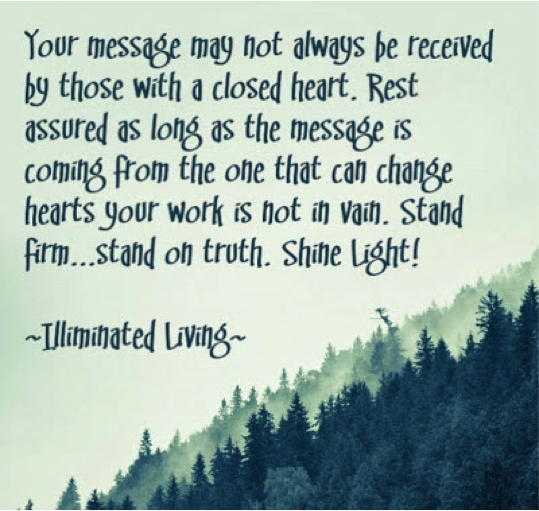
I’ve often pondered why I write, and what does it mean to be a writer. Sometimes I labor over…
June 25, 2015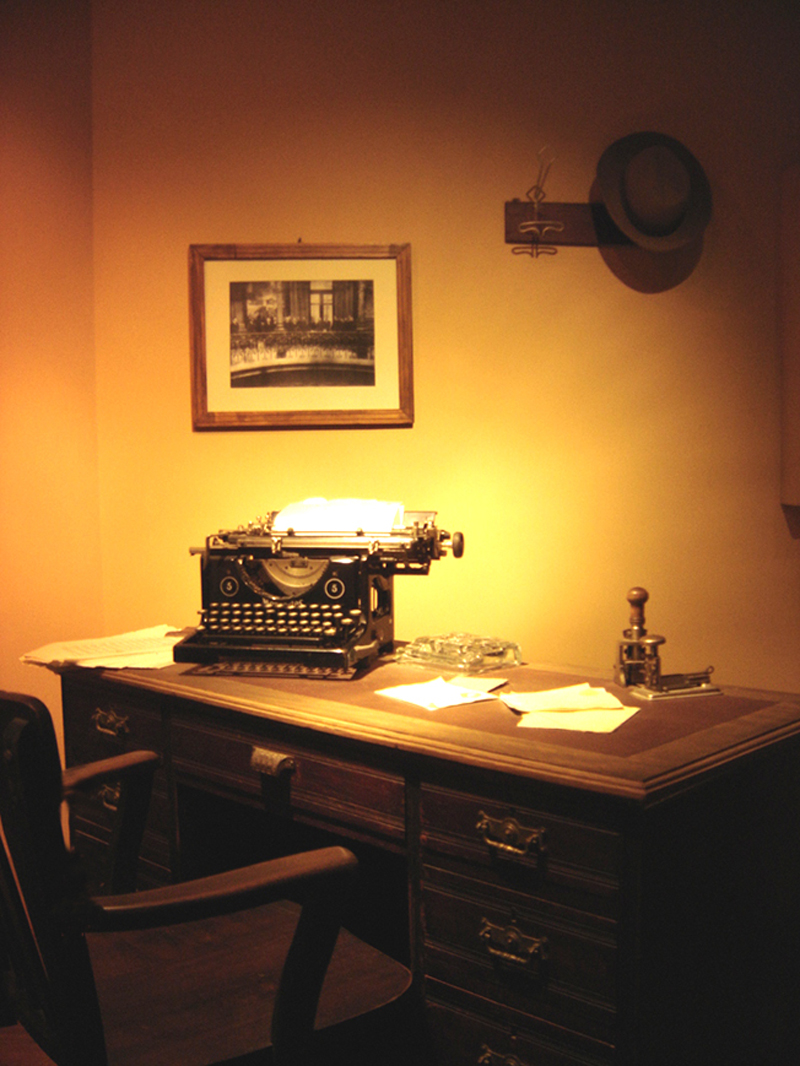
You’re a lover of books and in you burns a desire which you cannot ignore. You want to write!…
June 23, 2015
Everybody wants something. Why do YOU want to write, for example? Maybe you want to write a book for…
June 12, 2015